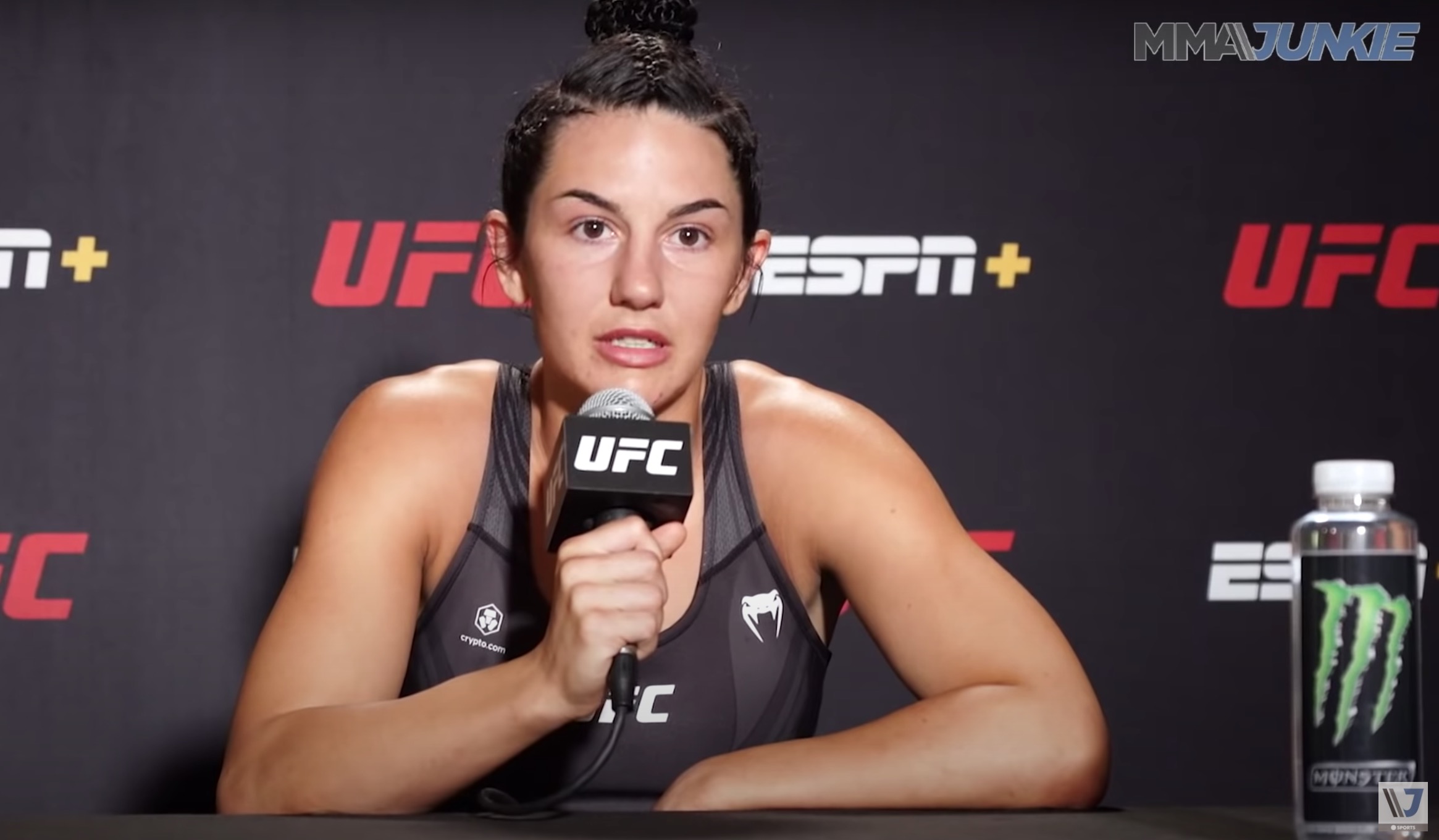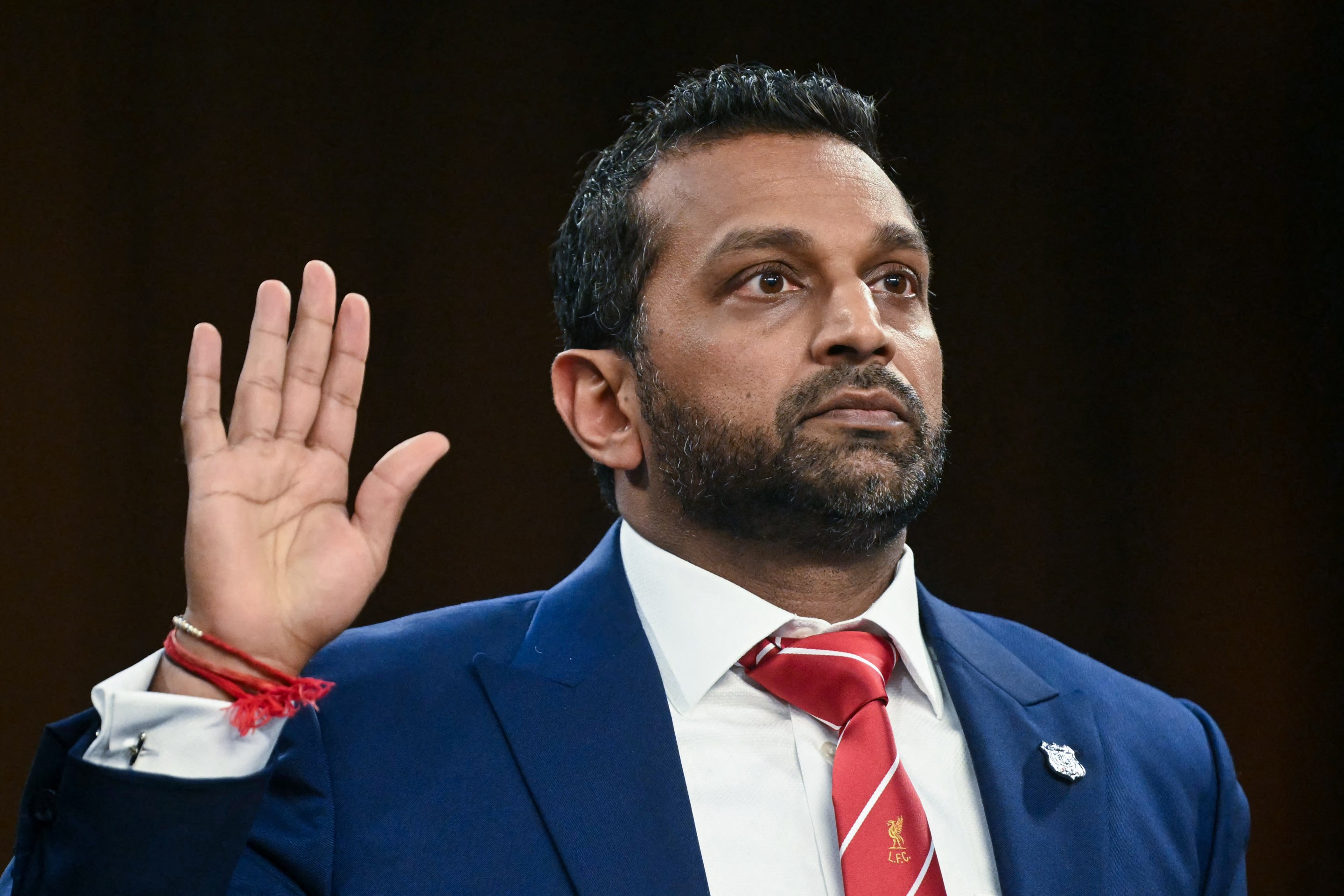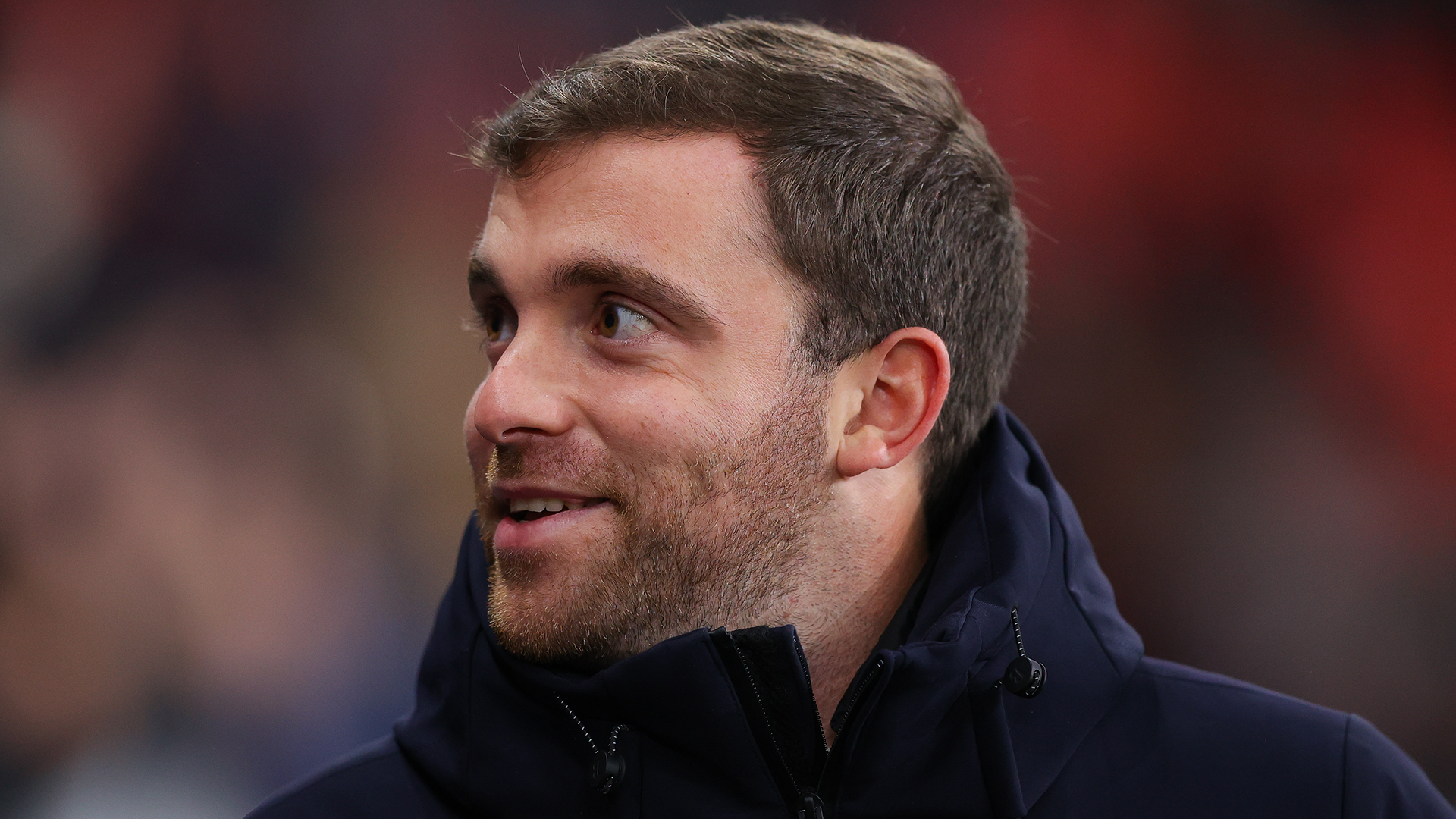Cheyanne Buys produced the biggest moment of this past Saturday's UFC card when she smacked Gloria de Paula with a huge head kick off the break. The fight served as the card's co-main event, and Buys earned $10,000 for showing, an additional $10,000 for winning, and a $50,000 performance bonus for her knockout. Buys upended her life two months ago to move to Las Vegas, and she revealed after the fight that the she'd have a negative bank account balance were it not for the $50,000 bonus. Buys and her husband—fellow MMA pro JP Buys—needed to take out loans to secure housing in Vegas and be able to keep training. The UFC played this all as a heartwarming moment, a testament to the life-changing possibility of making it in the UFC.
Her face says it all! 👏
— UFC (@ufc) August 1, 2021
[ @CheyWarPrincess | #UFCVegas33 ] pic.twitter.com/2BjeJksvIX
"I’ve been so broke my whole life because of this sport," Buys said during her post-fight presser. "But it’s so worth it to me because I love this sport."
Cheyanne Buys breaks down after learning of her "life-changing" $50,000 bonus.
— MMA Junkie (@MMAjunkie) August 1, 2021
"I am negative in my account right now. ... I've been so broke my whole life because of this sport."#UFCVegas33 | Full video: https://t.co/hpoU12R2r3 pic.twitter.com/7HBOSxeQWP
It is not all that surprising that the importance of Buys's bonus is A) being promoted by the UFC as a monument to the power and potential of cage fighting, and B) happening in the first place. One of the core myths that the UFC sells about itself is that fighting for the UFC is a ticket to greatness, that the damage you take in the octagon will all be worth it because you can establish yourself as a legendary warrior or whatever. One of the core realities about the modern UFC is that fighters are chronically and horrifically underpaid. You probably do not need me (or Jake Paul) to tell you that a fighter in the co-main slot of a card broadcast on ESPN, who pays the UFC $150 million per year for TV rights, earning a minimum of $10,000 from the UFC, whose parent company went public this year at a $10 billion valuation, and needing the maximum payout to stay afloat financially is a pretty skewed distribution of resources.
The UFC's low pay has become a bigger story over the past year, as an antitrust lawsuit filed by two former fighters was granted class-action status by a judge last December. This means up to 1,200 current and former fighters can now join in on the lawsuit, which could cost the UFC up to $5 billion. Filings in that case revealed that fighters take home less than 20 percent of the UFC's revenue, which is astonishingly low given that fighters' peers in baseball or football or basketball get about 50 percent. Consider also the unavoidable sacrifices of making a career out of fighting, i.e. the destruction of your body, and the exploitative dynamic comes sharply into focus. The core of the lawsuit is a monopsony case against the UFC, who the plaintiffs claim uses their outsized buying power in the labor market to suppress wages.
One odd facet of the UFC's labor model is that other high-level promotions like Bellator actually pay more. In a normal labor market, fighters would simply flow to where the money is, supply would shake hands with demand, and everything would work as the charts say it should. However, the UFC has significantly more cultural power and vastly larger media presence, which means it truly has cornered the market on the true value-add of MMA: star-making. Plenty of fighters make careers out of their fighting salaries, though the real money is not in fight of the night bonuses. It's in becoming a Conor McGregor-level megastar or getting a movie deal (or showing up in Twin Peaks: The Return). It doesn't matter then if Bellator can toss you an extra $15K if the UFC is the only path to something like mainstream stardom. This is what really allows them to deflate fighter paychecks, and consequently make them reliant on bonuses to make house payments.






